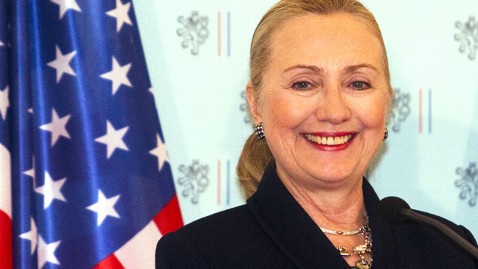
Happy Trails
Photograph by Alex Cherney, TWAN
Amateur astronomer Alex Cherney captured these star trails as they blazed above Lake Tyrrell, a salt lake in Victoria, Australia in October 2011 and posted to The World At Night website December 25, 2012.
(See pictures of another Australian salt lake, Lake Eyre.)
Published December 31, 2012

Tokyo From Space
Image courtesy DLRThe sprawling Japanese capital Tokyo looks like a funky computer chip in this image taken by Germany's Earth-observing satellite TerraSAR-X and released December 20.
Launched in 2007, the satellite's radar sensors map Earth from 319 miles (514 kilometers) up in a near-polar orbit.
Published December 31, 2012

Extreme View
Image courtesy SDO/NASANASA's Solar Dynamics Observatory snapped this extreme ultraviolet view of an active region on the sun as it rotated into view from December 16 to December 18. Ultraviolet light makes it easier to trace the whorls and loops created by superheated gas, or plasma, and the sun's magnetic field lines.
Active solar regions such as this create space weather that, when aimed at Earth, can disrupt satellite communications and electronics. (See more pictures of solar activity and space weather.)
Published December 31, 2012

Saturn’s Dark Side
Image courtesy SSI/Caltech/NASAThis image of the unlit side of Saturn's S rings, released December 24, was taken with visible light by NASA's Cassini spacecraft.
The shadow of Saturn's innermost major moon, Mimas, is visible as a black oval south of the rings' shadow. For those with completely dust-free computer monitors, Janus, another Saturnian moon, is visible as a tiny white speck above the planet's north pole. (Learn about Saturn's major moons.)
Published December 31, 2012

A River Runs Through It
Image courtesy ESA/JAXAThe European Space Agency released this picture—taken by Japan's satellite ALOS—of Italy's longest river on December 14.
The Po river and its surrounding fields divide Italy into its northern and southern regions. The Japanese used ALOS, which they lost contact with in late April 2011, to generate precise land maps, monitor disasters, and conduct resource surveys. (Read an excerpt from National Geographic magazine about the Po river.)
Published December 31, 2012

Glacial "Broccoli"
Image from DigitalGlobe/Getty ImagesThe Moshniy glacier, located on the Russian archipelago Novaya Zemlya in the Arctic Ocean, calves chunks of ice and debris into a pattern reminiscent of broccoli in an image released December 20.
Novaya Zemlya was a sensitive military area during the Cold War, and was also the site of the most powerful nuclear device ever detonated. The energy released by the 50-megaton "Tsar" bomb was ten times that of all the explosions set off during World War II.
Published December 31, 2012

Image courtesy Caltech/SSI/NASA
Published December 31, 2012
$'+ doc.ngstore_price_t +'';
html += ' $'+ doc.ngstore_saleprice_t +'';
} else {
html += ' $'+ doc.ngstore_price_t +'';
}
html += '
$("#ecom_43331 ul.ecommerce_all_img").append(html);
o.totItems++;
}// end for loop
} // end if data.response.numFound != 0
if(o.totItems != o.maxItems){
if(o.defaultItems.length > 0){
o.getItemByID(o.defaultItems.shift());
} else if(o.isSearchPage && !o.searchComplete){
o.doSearchPage();
} else if(!o.searchComplete) {
o.byID = false;
o.doSearch();
}
}// end if
}// end parseResults function
o.trim = function(str) {
return str.replace(/^\s\s*/, '').replace(/\s\s*$/, '');
}
o.doSearchPage = function(){
o.byID = false;
var tempSearch = window.location.search;
var searchTerms ="default";
var temp;
if( tempSearch.substr(0,7) == "?search"){
temp = tempSearch.substr(7).split("&");
searchTerms = temp[0];
} else {
temp = tempSearch.split("&");
for(var j=0;j 0){
o.getItemByID(o.defaultItems.shift());
} else if(o.isSearchPage){
o.doSearchPage();
} else {
o.doSearch();
}
}// end init function
}// end ecommerce object
var store_43331 = new ecommerce_43331();
store_43331.init();










